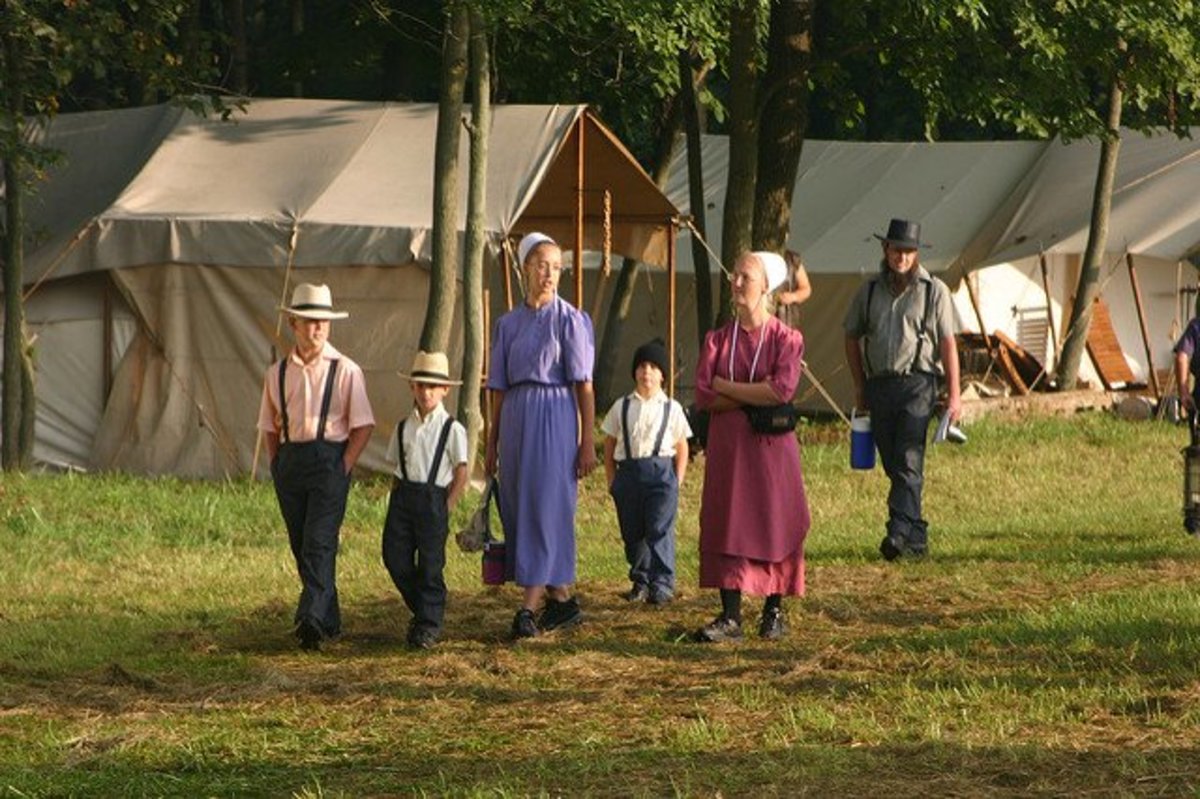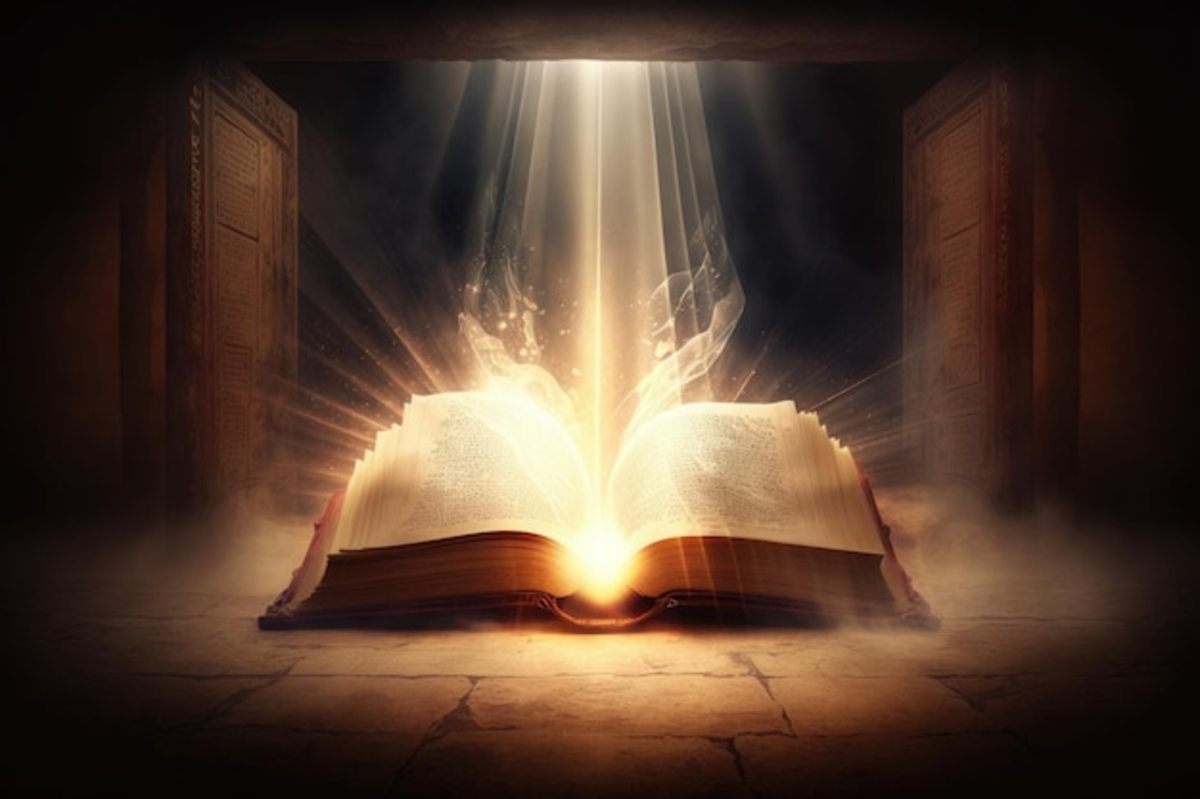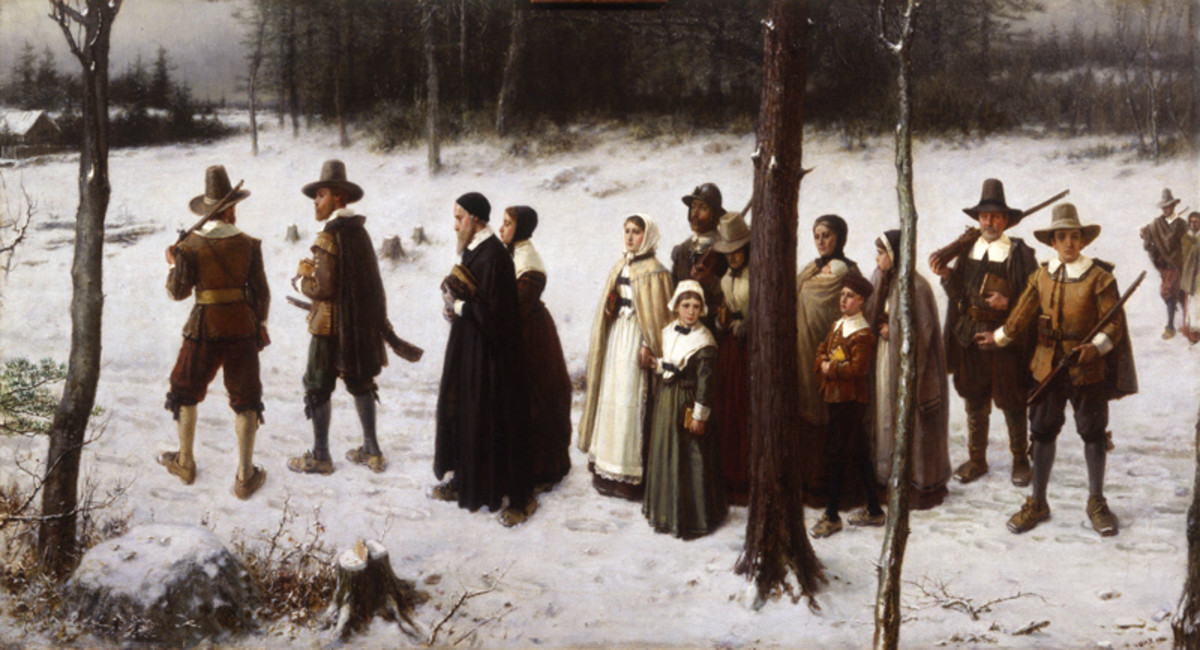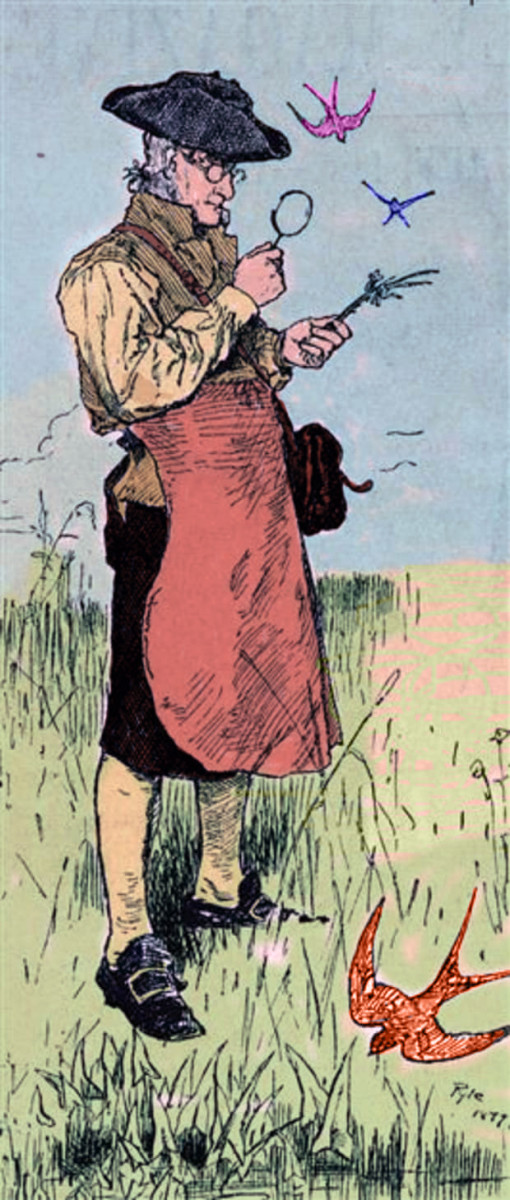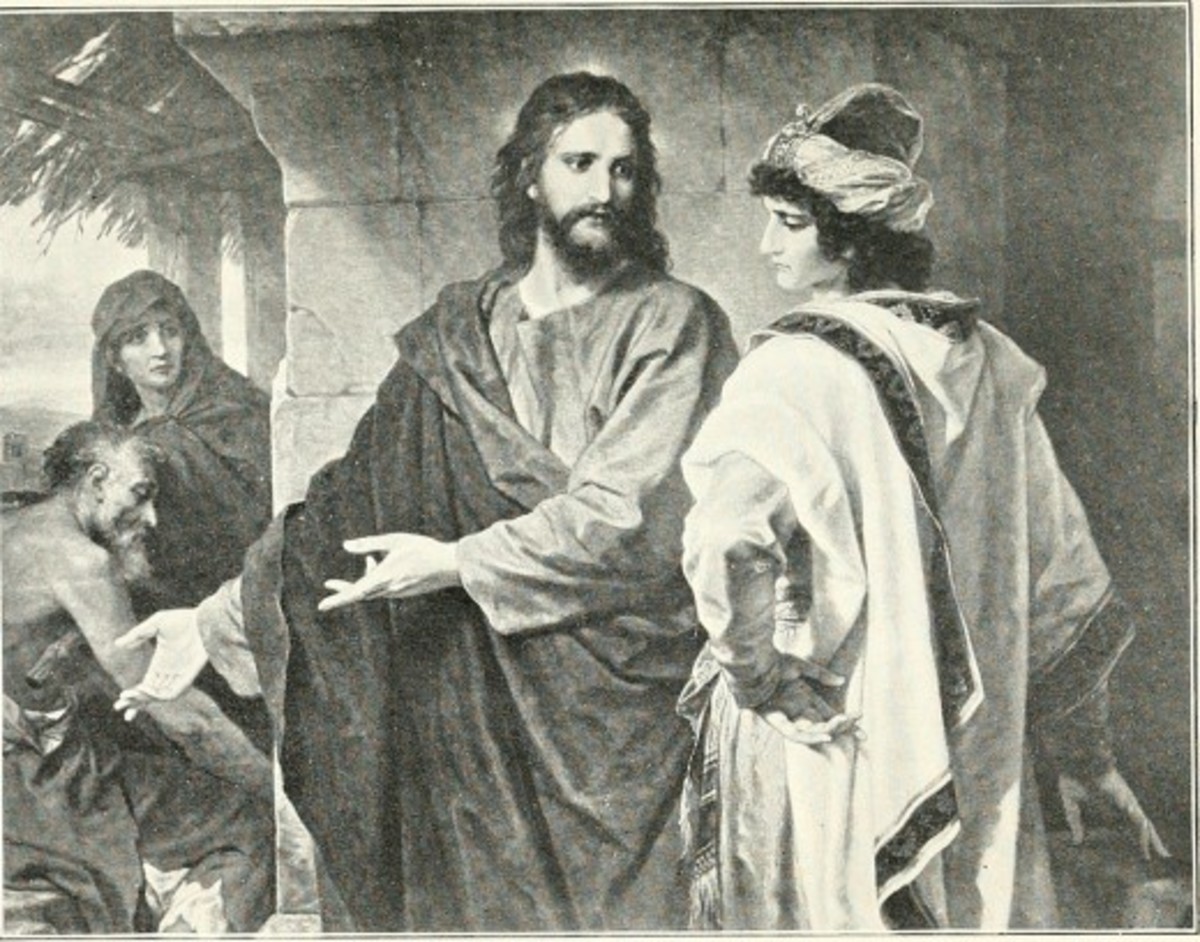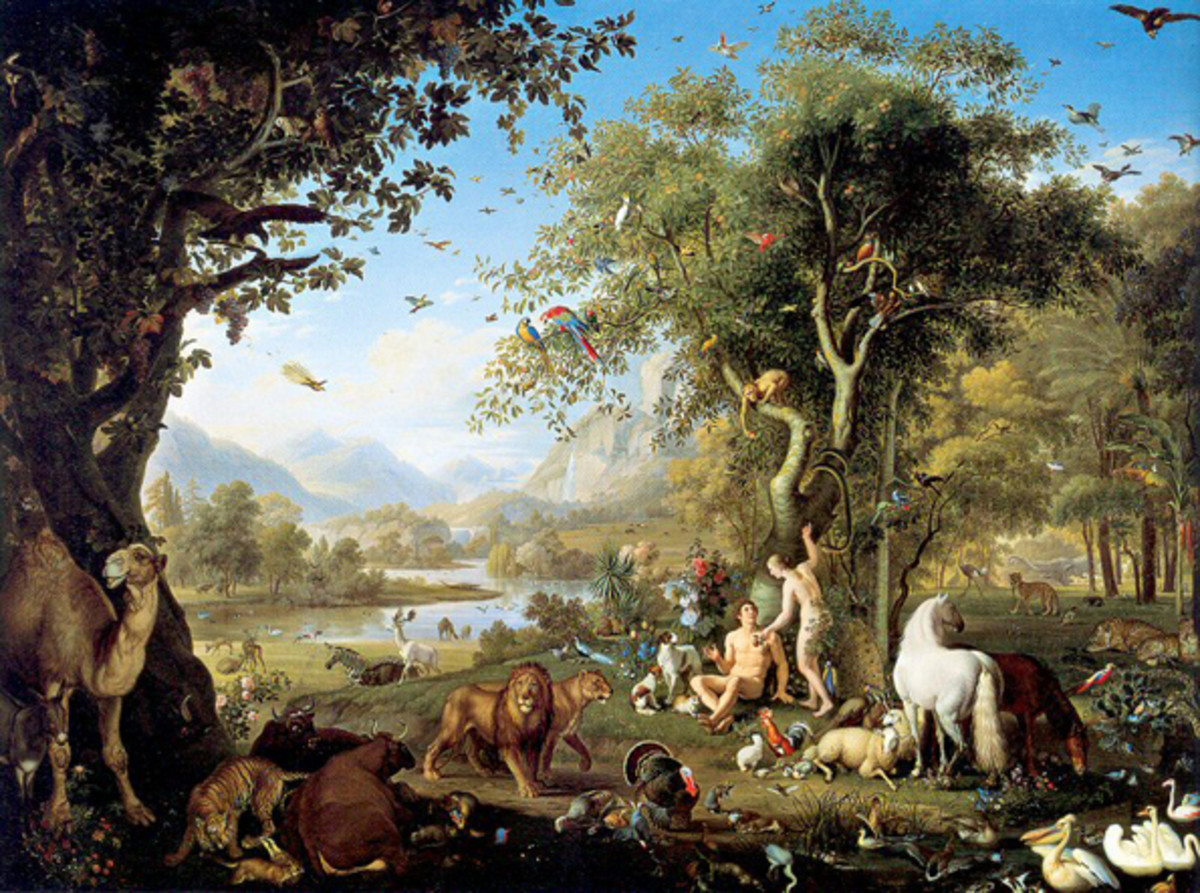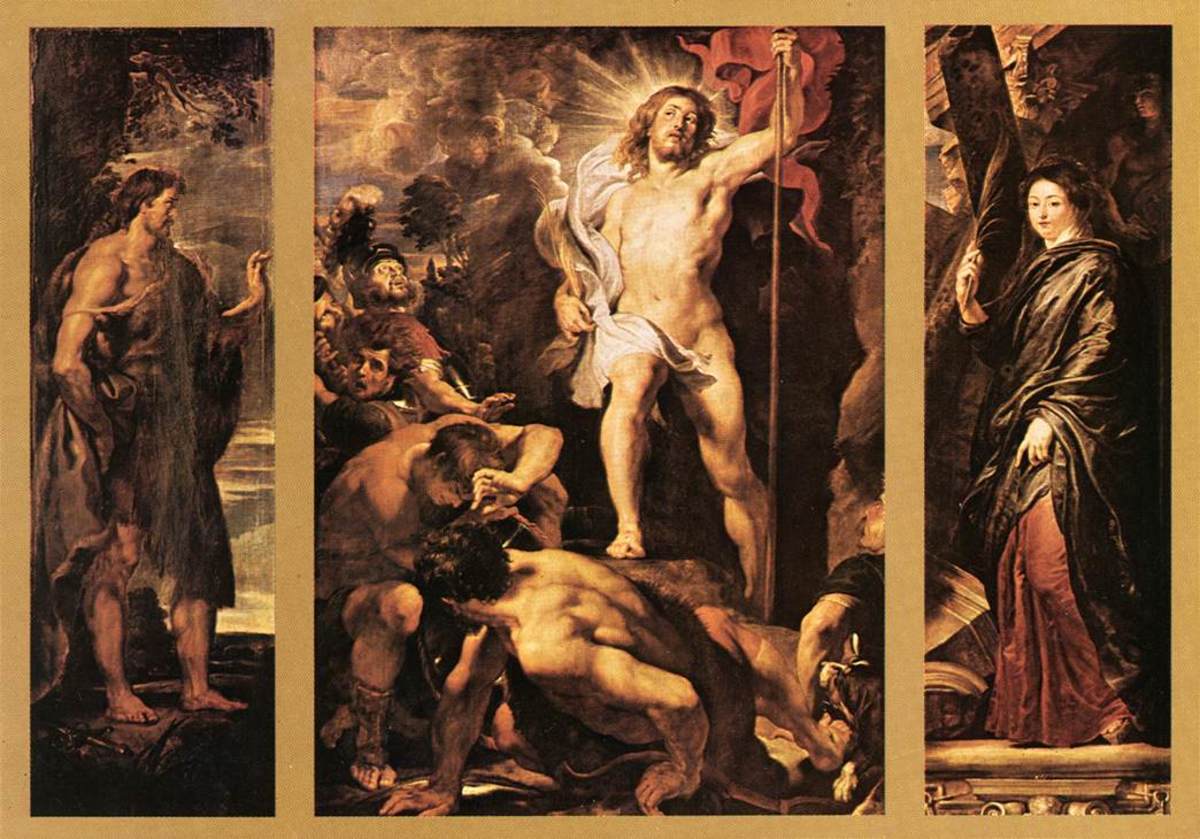William Penn and His Quaker Faith in America
Penn's Holy Experiment

Quakers in North American Colony
Interviewing original Quaker immigrant
to Pennsylvania, Mr. Thomas Andrews, who came from England in 1682 on
the same ship as Mr. William Penn.
By Michael M. Nakade
The following was a recorded (fictional) interview done by one of the newspapers in Philadelphia in 1722.
Q1: Mr. Andrews, you are a Quaker. Will you explain your faith to us?
A
1: First of all, I don’t like the label, Quaker. We go by “Friends.” We
believe that Christ is a spiritual reality that all human beings can
experience. We don’t treat Christ like an ancient figure who simply
taught us to believe in him for the right to go to heaven after our
time on earth. We believe that all of us have Christ in us and that we
can come to experience our inner Christ. Secondly, Christian is someone
who shows a change in his life. That change indicates a real turning
point in one’s life. Third, our church is not just a building but the
fellowship of people who have had their lives changed by Christ.
Fourth, we want to simplify our religious practices. We don’t want our
church to be decorated elaborately or have lots of complicated rituals.
We want to sit in our church quietly and experience Christ. When we
feel moved by the spirit, we stand up and talk. We are all equal in
this sense. No one is better than anyone else in our church. There is
no hierarchy.
Q2: Thank you for your thorough answer to my
question. The next question is regarding your immigration to
Pennsylvania in 1682. Why did you come to North America?
A 2:
What I said above regarding my faith was deemed offensive to religious
establishment in England at the time. We were considered too radical
by the Anglicans and the Puritans. I was arrested like William Penn in
the 1670s. We met while we were in prison. Luckily, Mr. Penn’s father
was a famous navy officer in England and loaned the money to the royal
family. Instead of getting the money back, Penn, Sr. was given the land
in North America. The land was then called Pennsylvania, Penn’s
woodlands. Penn, Jr. inherited the land and decided to try the Holy
Experiment. Penn, Jr. opened up Pennsylvania for everyone and insisted
on religious freedom. When I heard that he was going, I decided to go
with him.
Q3: What was Penn, Jr. like?
A 3: He was really
a smart man, educated at Oxford and knew how to negotiate with the
royal family and everyone else. He represented our religious community
very well. At the time, many people thought that we were a bunch of
weirdos because of our unconventional religious beliefs and practices.
But, with Mr. Penn, we gained a certain measure of credibility. You
have to remember that his father, Penn, Sr. was a big shot in England. Penn,
Jr. spent two years in Philadelphia and returned to England. He came
back to Philadelphia in 1699 and spent another two years there. So, he
actually lived in America for only 4 years total, but his legacy is
great. He was tolerant of all different religious groups. He was a man
with a big heart.
Q4: What was the city of Philadelphia like in those days?
A
4: It was wonderful. The city was designed on a rational grid system so
that anyone could find anyone’s home or business very easily. It was a
model city from a construction point of view. Mr. Penn made sure that
it wouldn’t be like London where lots of streets were there to confuse
people.
Q5: How were people in Pennsylvania like in those days?
A
5: First and foremost, Pennsylvania was a proprietary colony, meaning
that the king of England granted the gubernatorial rights to the
individual owner. The individual owner, in this case, Mr. Penn,
advertised that people in Europe could move to Pennsylvania for
commercial and farming benefits. And, when people arrived, he governed
according to his own vision. He wrote the “Frame of Government” and set
up the ground rule for Pennsylvania settlers. He called it the Holy
Experiment, and it was really different from other colonies such as
Massachusetts and Virginia. How different? Well, Mr. Penn granted
religious freedom to every immigrant. Pennsylvania was opened up
especially for those who were persecuted in Europe. Ana Baptists from
Germany and Lutherans from Scandinavia came here to seek religious
freedom. By and large, we all respected each others' differences and
got along well. Oh, by the way, famous Pennsylvania Dutch is actually a
group of Germans. The word German in German language is Deutsche, and
some English folks thought that they heard “Dutch.”
Q6: Was “religious freedom” a very new concept when you lived in the late 17th century?
A
6: Oh yes. When I
lived in the 17th century Europe and America, there was this belief
that folks had to belong to the same church to live peacefully. That
was because the same religion meant the same worldview. People couldn’t
live together happily when they lived next to the people of different
worldview. That’s why allowing people of different religious faith to
live next to each other was considered very radical at the time. So,
yes, ‘religious freedom’ was a new concept.
Q7: What do you think is the historical significance of Pennsylvania?
A
7: Mr. Penn’s Holy Experiment succeeded. We showed that religious
freedom would work and that a colony could prosper without religious
uniformity. Our success paved the way for future generations. The First
Amendment to the US Constitution was a direct result of our success.
When we look at the Puritans in Massachusetts, we notice a huge
hypocrisy. Those people left England for North America so that they
could enjoy their religious freedom. But, they would not allow
religious freedom to others. They tolerated no one except their own
religion. Or, look at it this way. They were persecuted when they were
a minority. But, as soon as they became the majority, they turned to
being the persecutors of minority groups. In light of what the Puritans
did, our achievement is very significant, historically.
Interviewer:
Thank you, Mr. Andrews. It was nice to learn about how the Quakers
worked to make the Holy Experiment a success in Pennsylvania.
(Information
indicated in this work came mainly from The Teaching Company’s Lecture
Series on American Identity, Lecture 3, “William Penn – The Religious
liberty Advocate” by Patrick N. Allitt.)

